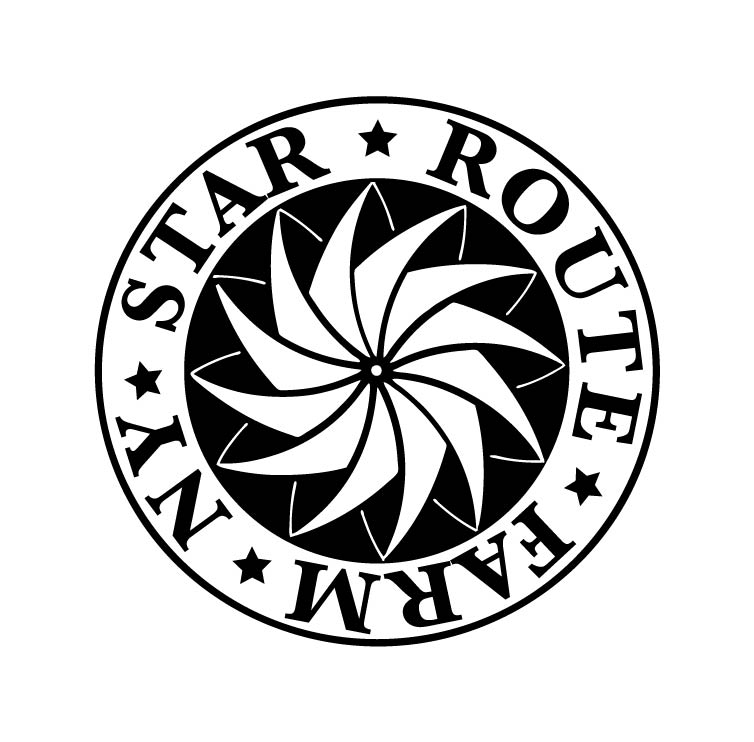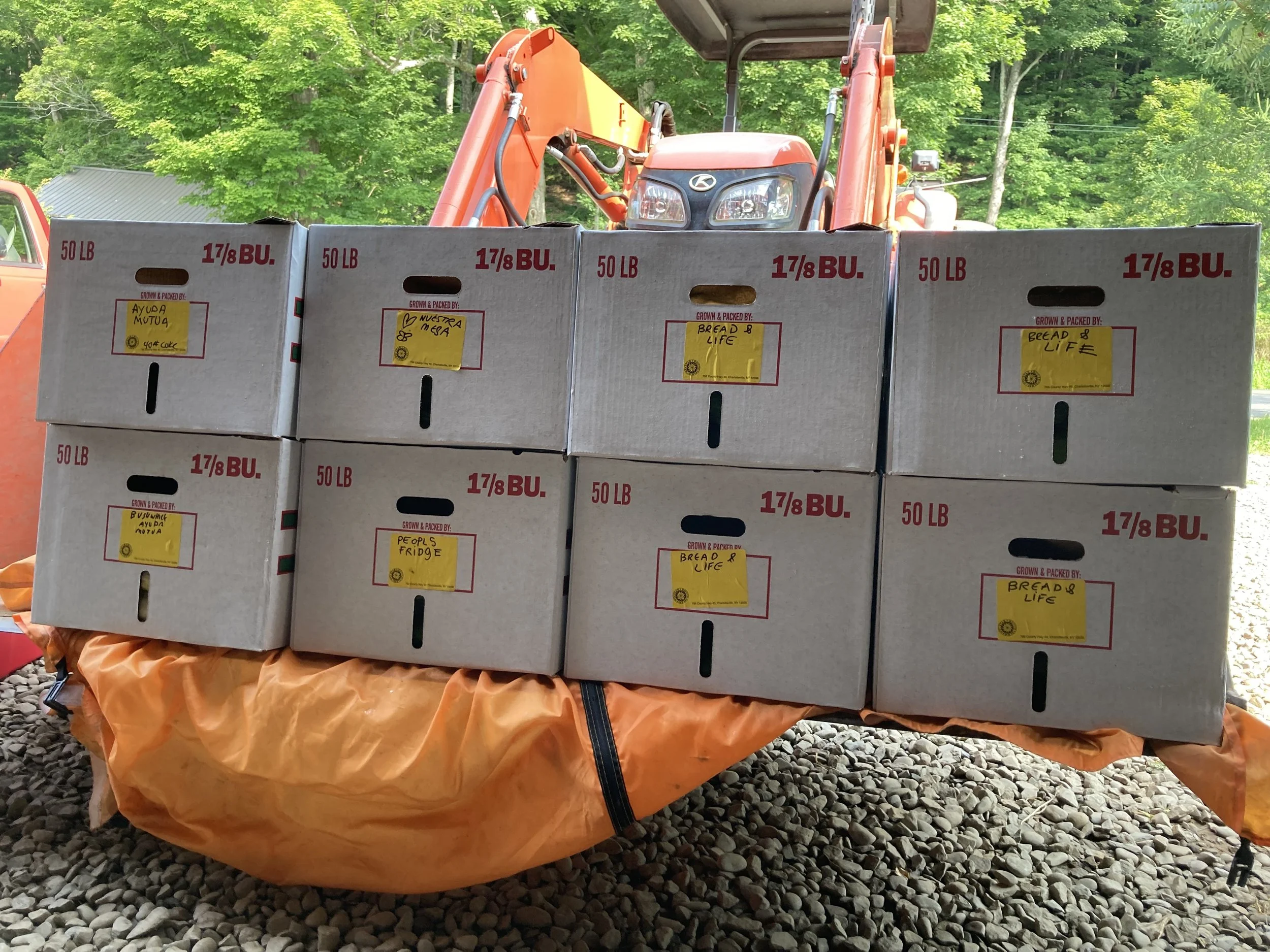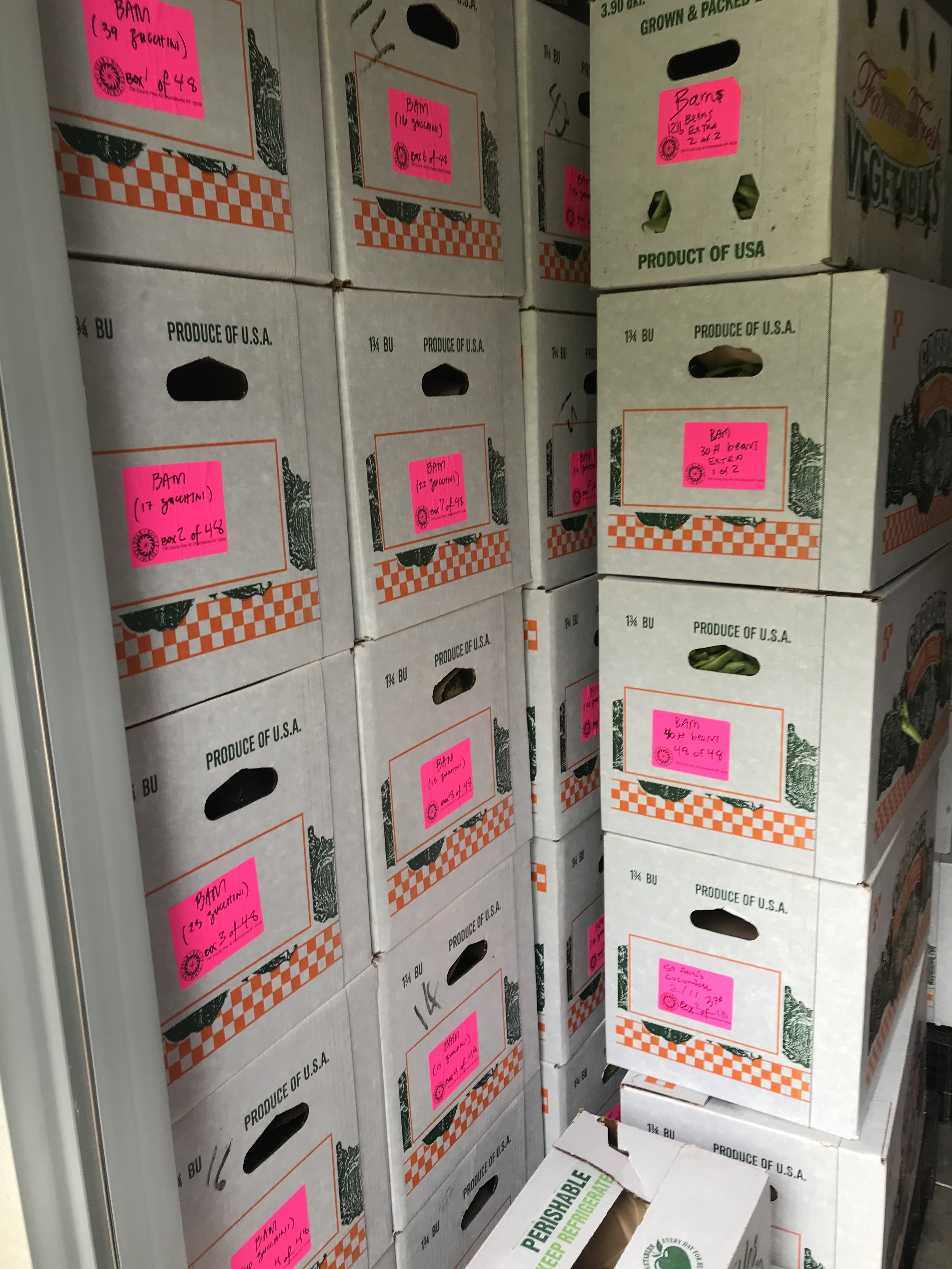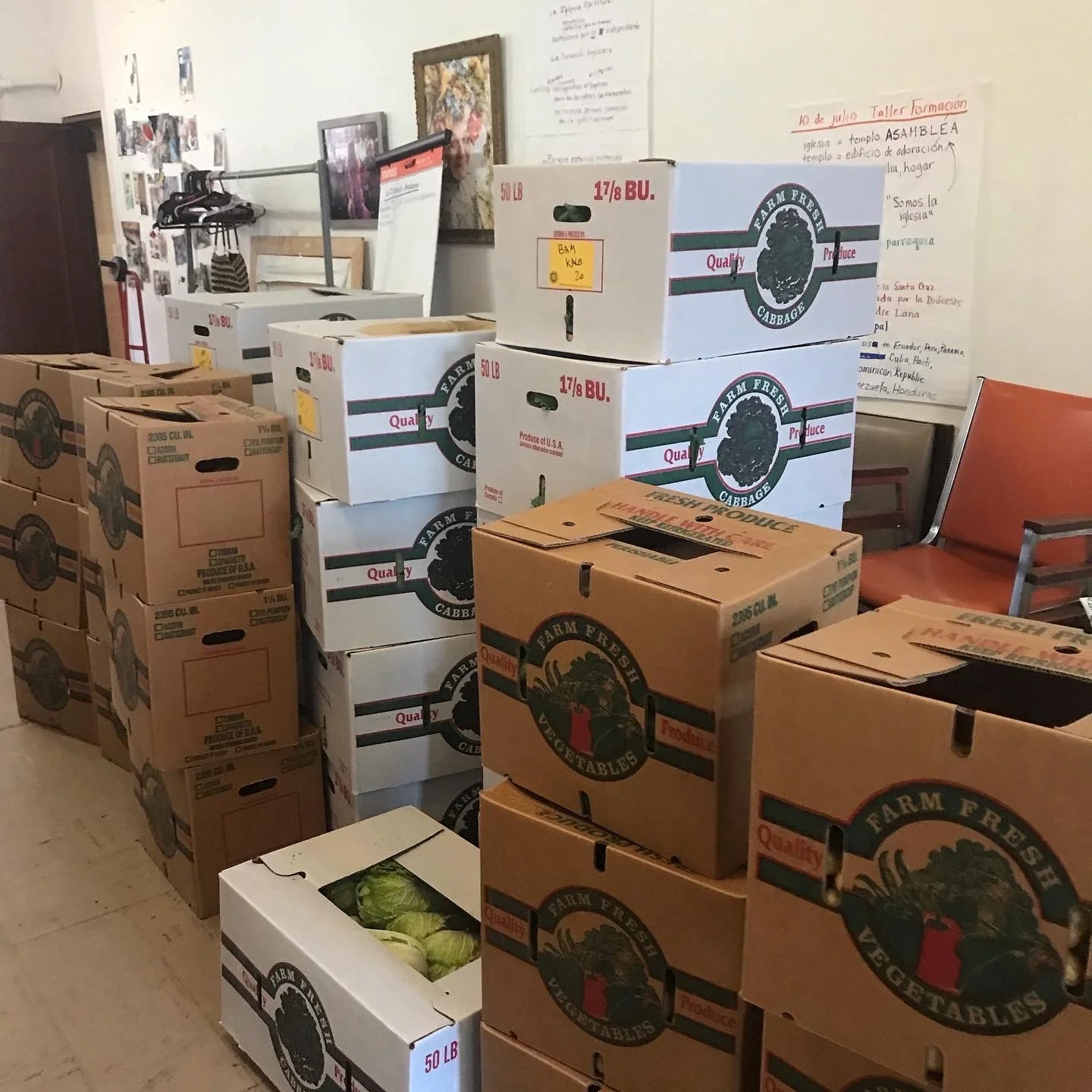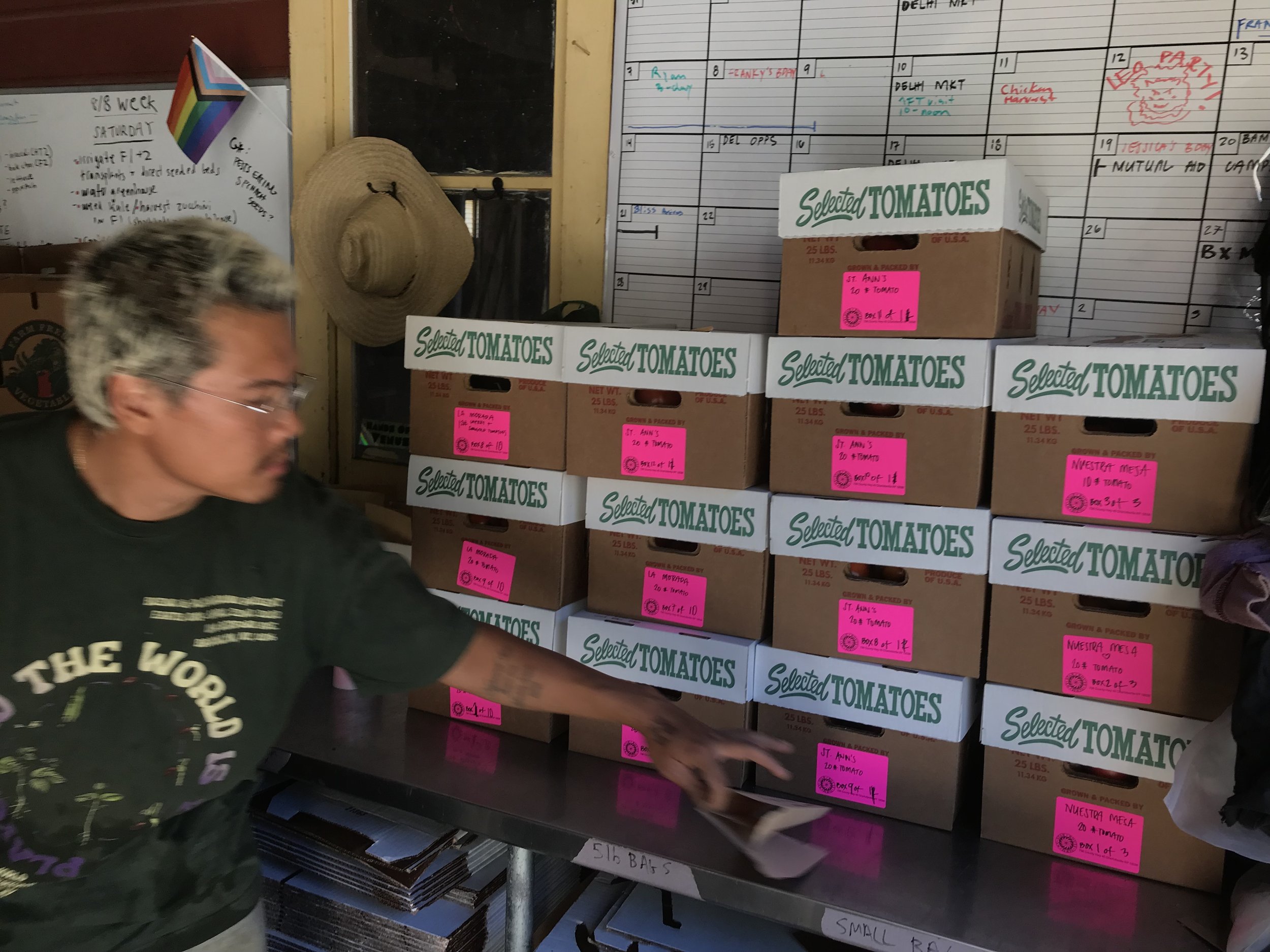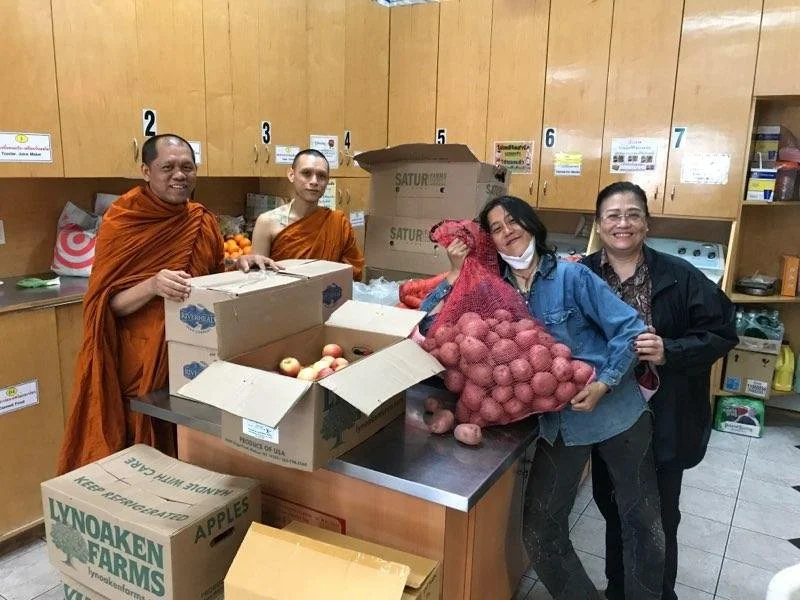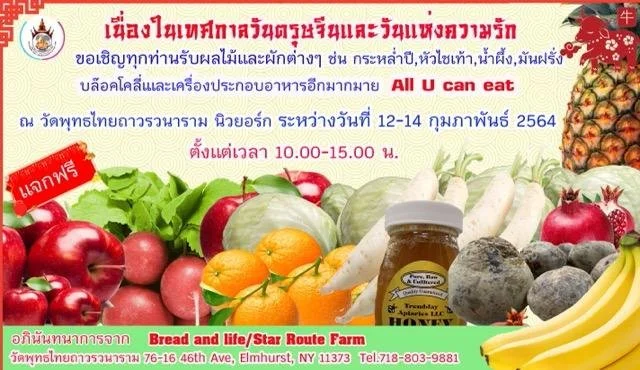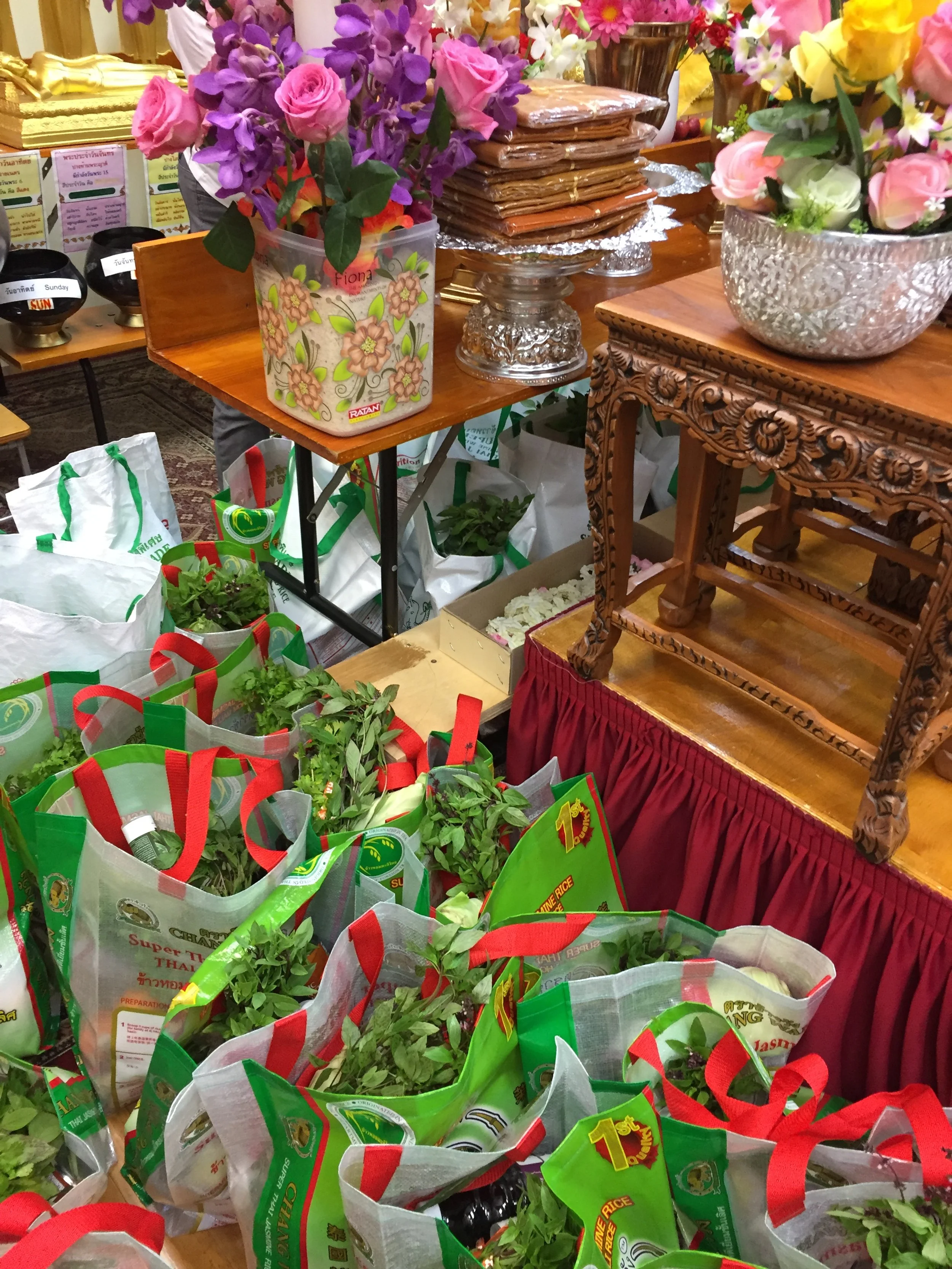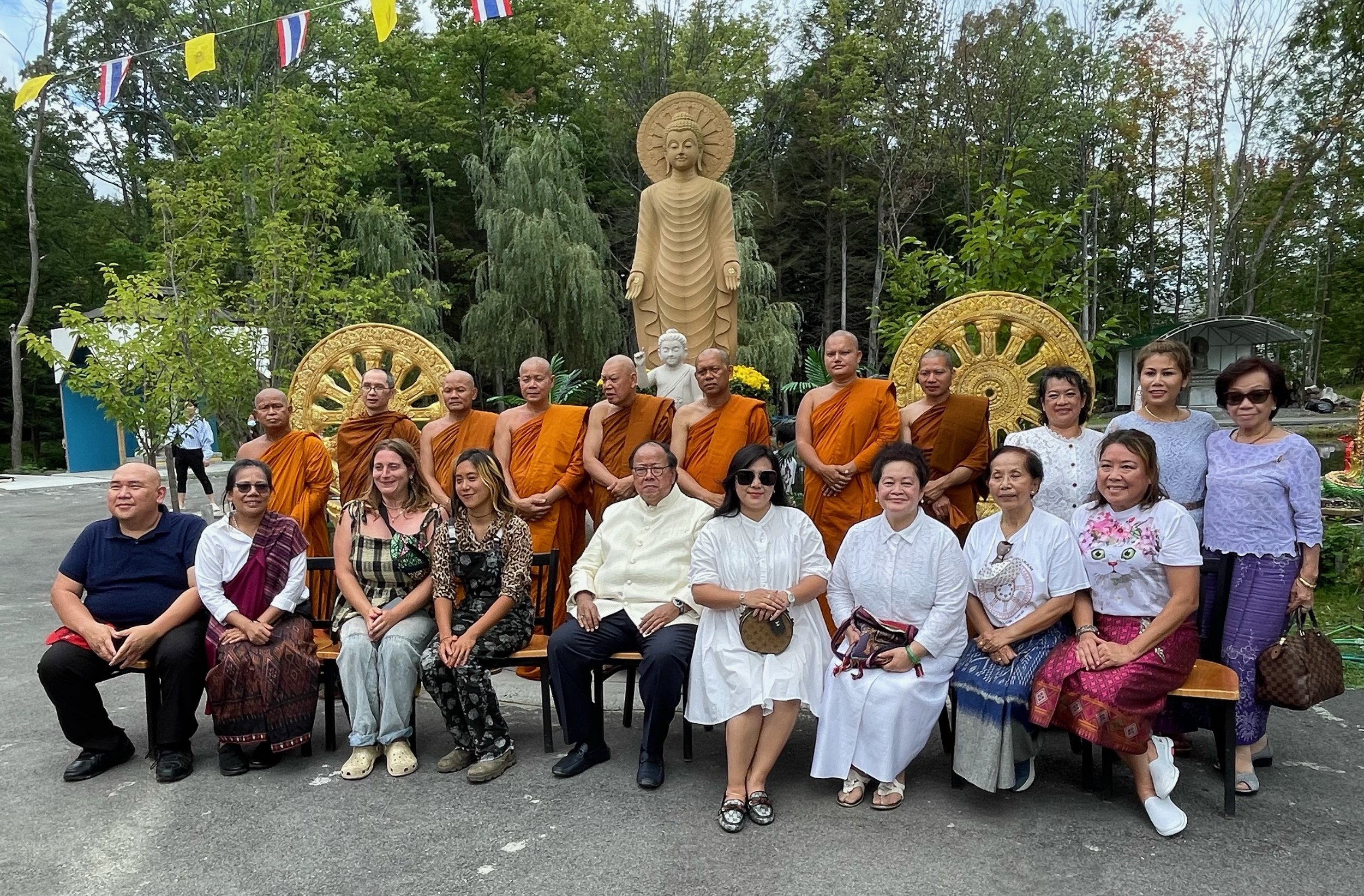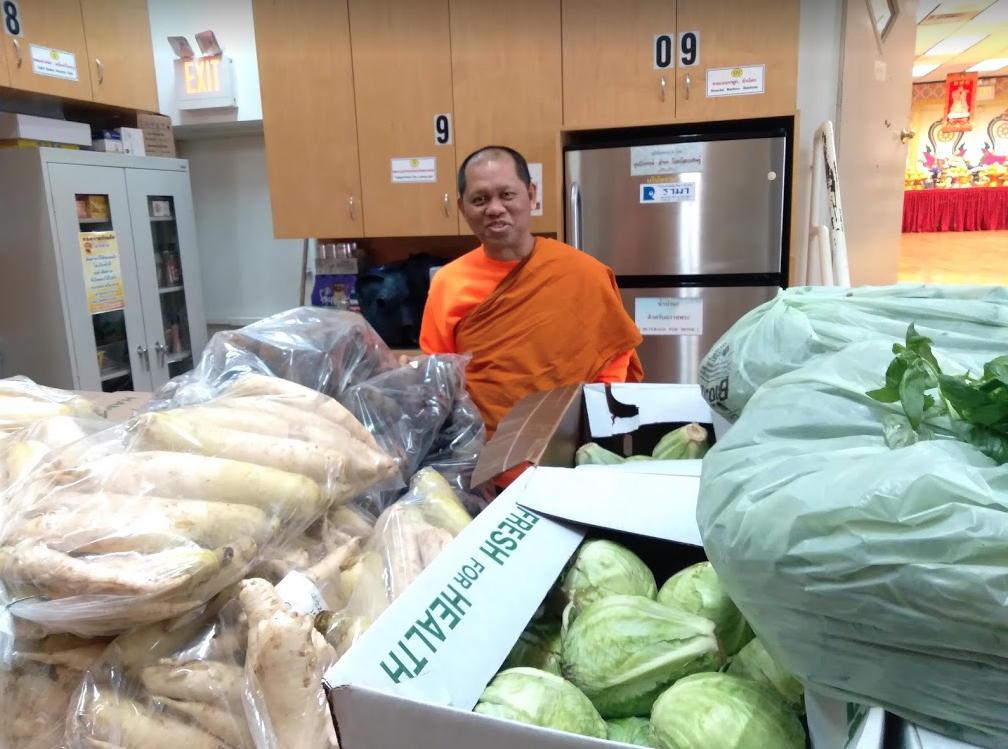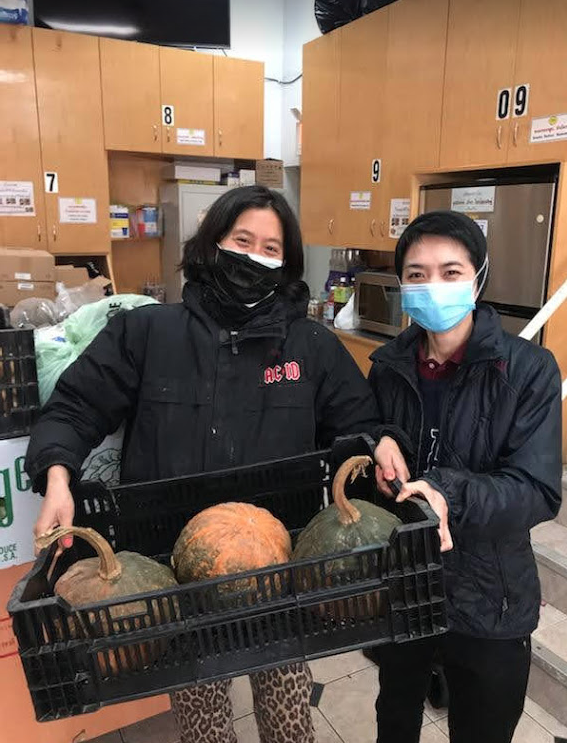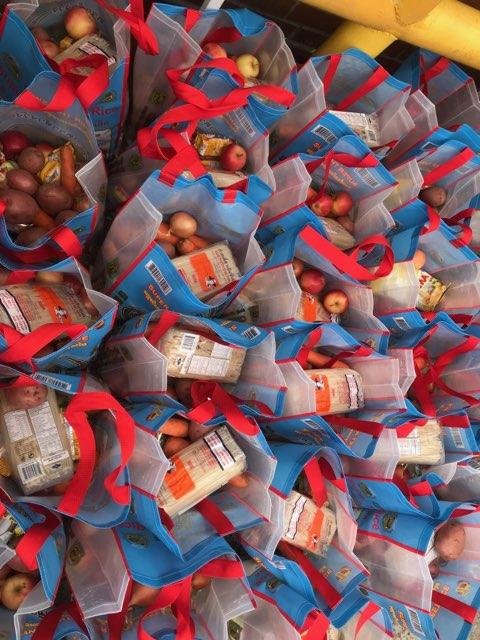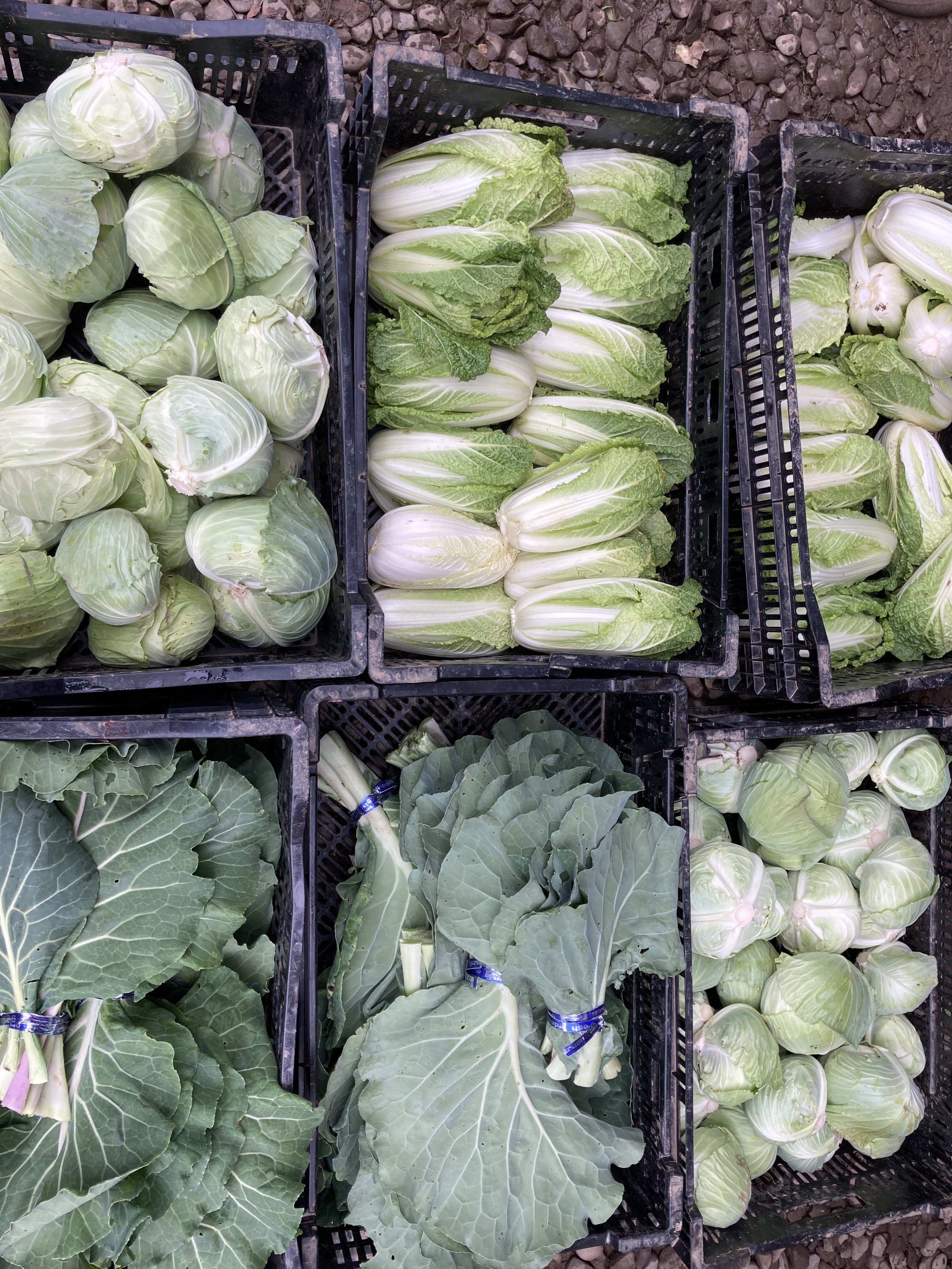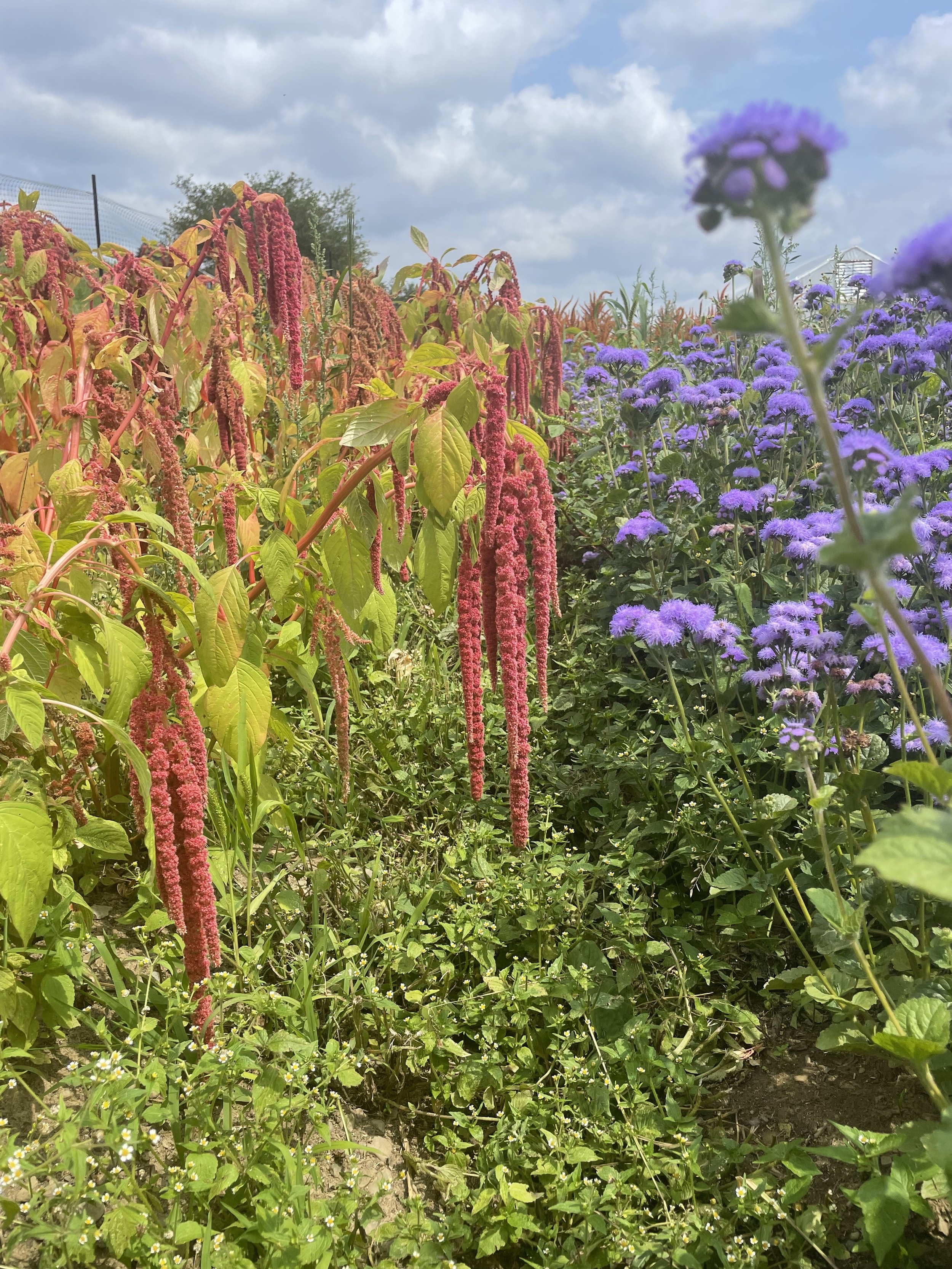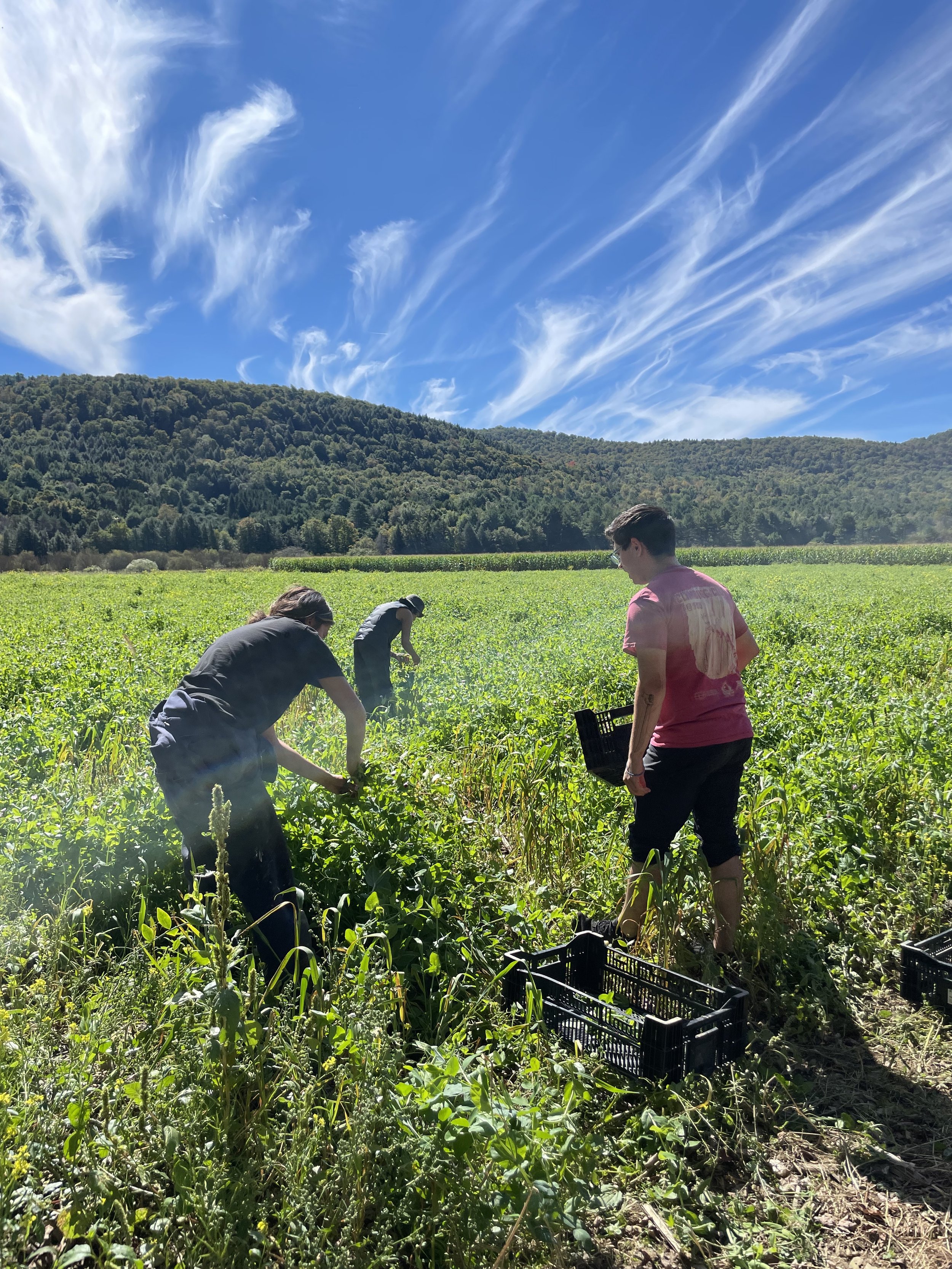PEOPLE AND PLANTS BEFORE PROFIT
Flower field
As a farm with a social justice mission, Star Route seeks to begin addressing systemic food inequities by farming with integrity and responsibility to both land and people in order to:
grow nutritious food,
so that we can distribute free produce to those who are food insecure
all the while, collaborating with the communities we grow for to ensure we grow culturally relevant food.
With your love, financial support, presence on the farm, and interest in our work, we grow lots of beautiful food, give it all away, and make it through the season. We are tired, stressed, and continually fighting for the respect all farmers deserve, but your support has allowed us to work towards our mission - 90% of our food every year goesfood-justice based organizations since 2020.
We are driven to shift how the farm survives from participating in a supremacist culture to, instead, supporting communities of color with mutual aid work. From our experiences as farmers, we’ve learned that in organic market farming, farm viability means farming is done by white farmers (who have $ for start-up capital, and/or have access to land), for white buyers (who have disposable income and can afford the extreme prices necessary to support paying farmers’ living wages). The corporate-industrial food complex is profitable through the exploitation of people doing the work (labor) and the degradation of land farmed - this is an unsustainable and racist food system that we don’t want to be subjected to or participate in.
We work to question the entire global food system and the premise on which it is based: pollution by agricultural chemicals, the decline of rural livelihoods, and food, people, and land as commodities to be exploited. We exist in an economic system where profit for corporate agribusiness has created a damaged earth, and commodity prices are set below the cost of production, which means small-scale growers are the ones remediating the soil while struggling to survive. This is a very narrow and limited way of organizing life and deciding who is important and who is not important.
We will continue to stand for a better way of life for all of us and the land we steward. We do not want to modify this system of production, but to get out of it altogether!
The proliferation of mutual-aid networks in the face of the COVID-19 pandemic pushed us to stand for another way of life, and to continue working towards building an integrated food supply-chain designed to actually nourish people - where consumers, growers, and distributors work together to set its conditions. Setting up these sorts of systems and networks is called Food Sovereignty work. Food Sovereignty is a food system in which the people who produce, distribute, and consume food also control the mechanisms and policies of food production and distribution. This stands in contrast to the present corporate food regime, in which corporations and market institutions control the global food system.
As a farm with a Food Sovereignty mission our goals are (1) to build intimate community between disparate entities within the food system (the farmer, distributors, the consumers, mutual aid networks, and cooks) (2) to adequately compensate the farmers (3) to grow tasty, nutrient-dense produce while taking care of the soil and environment we work with.
We look forward to the all seasons as we continue to build the foundation for a decommodified food system in which resources do not go to the highest bidder but all people! We plan to:
Create culturally appropriate crop plans with the mutual aid groups we serve!
Grow 11 acres black beans, soy beans, faro, sunflowers, millet, potatoes, garlic, on our new field for distributions!
Grow soil, not profits!
Fairly compensating ourselves and the farmers!
Donate 20-30,000# of our produce a year!
With secured funding we could:
Integrate mission-aligned BIPOC farmers into the distributions we serve.
Donate 100-1,000# of our produce weekly to mutual aid groups throughout the season.
Provide our farmers with a living wage!
Please donate so we can do this work!
